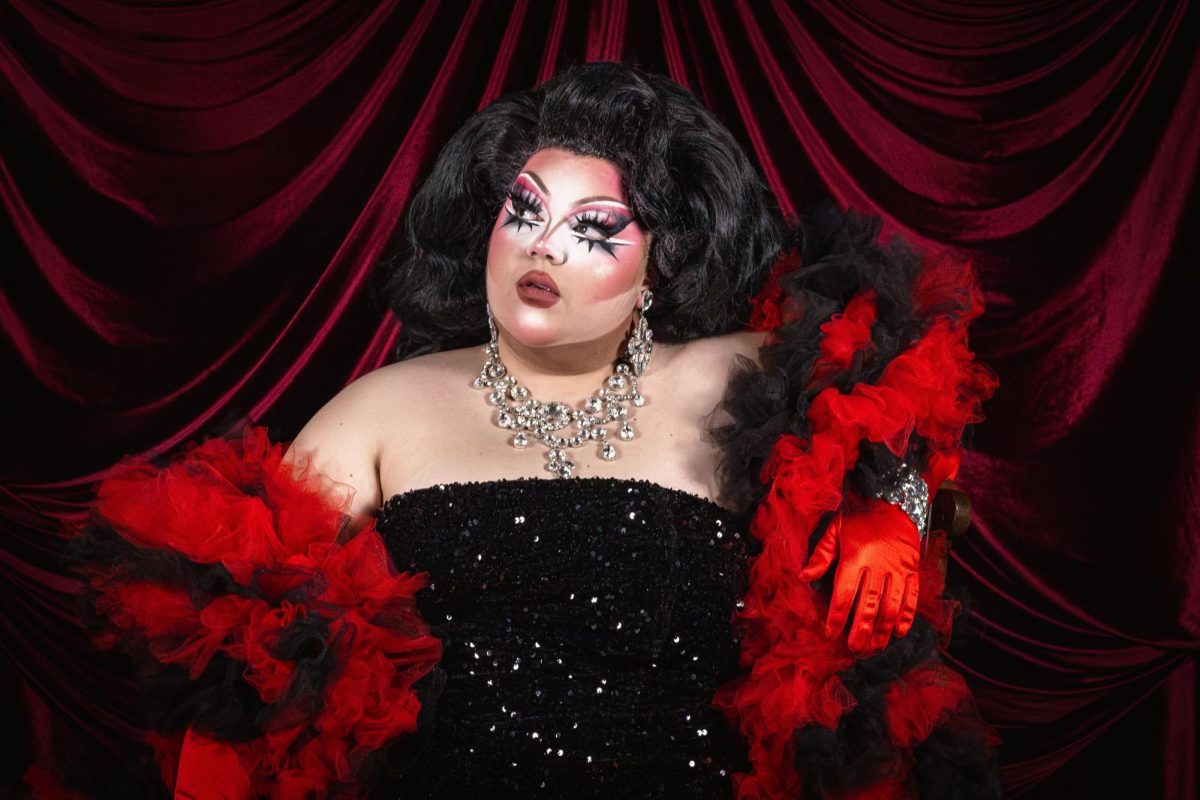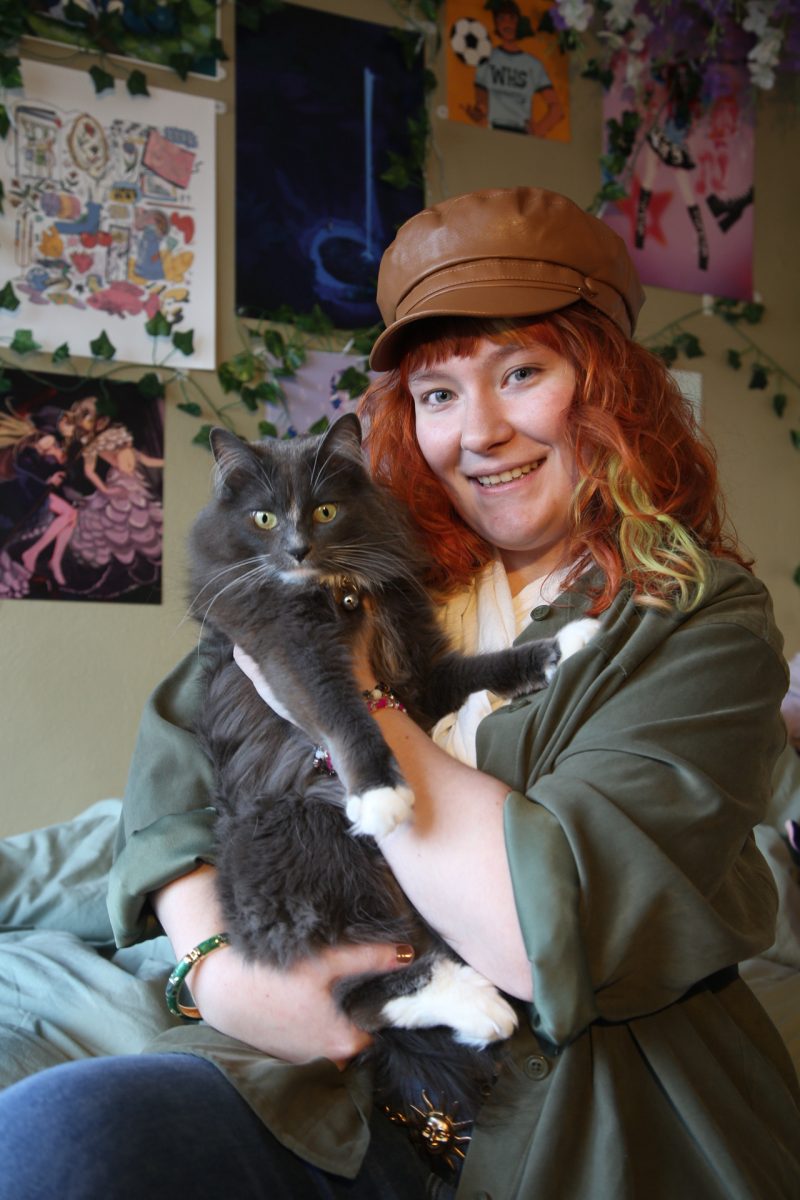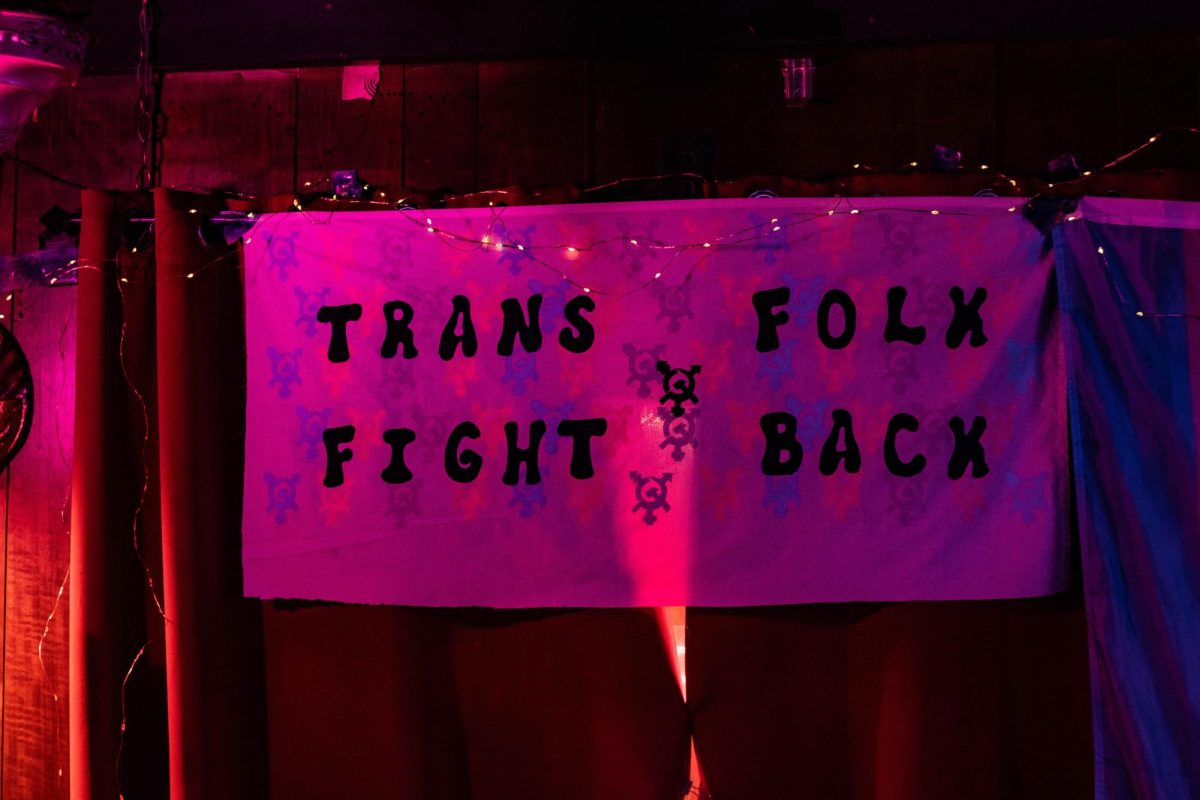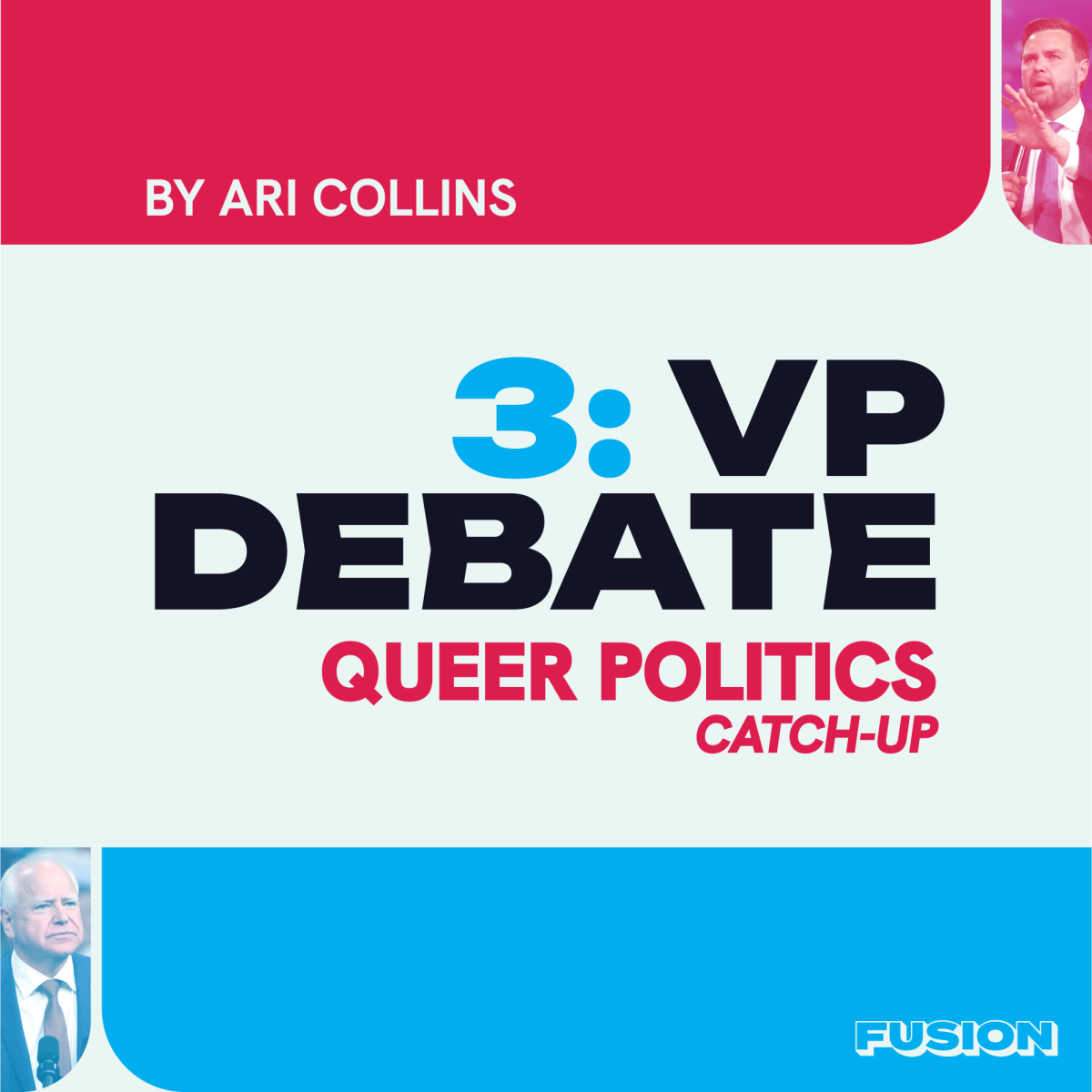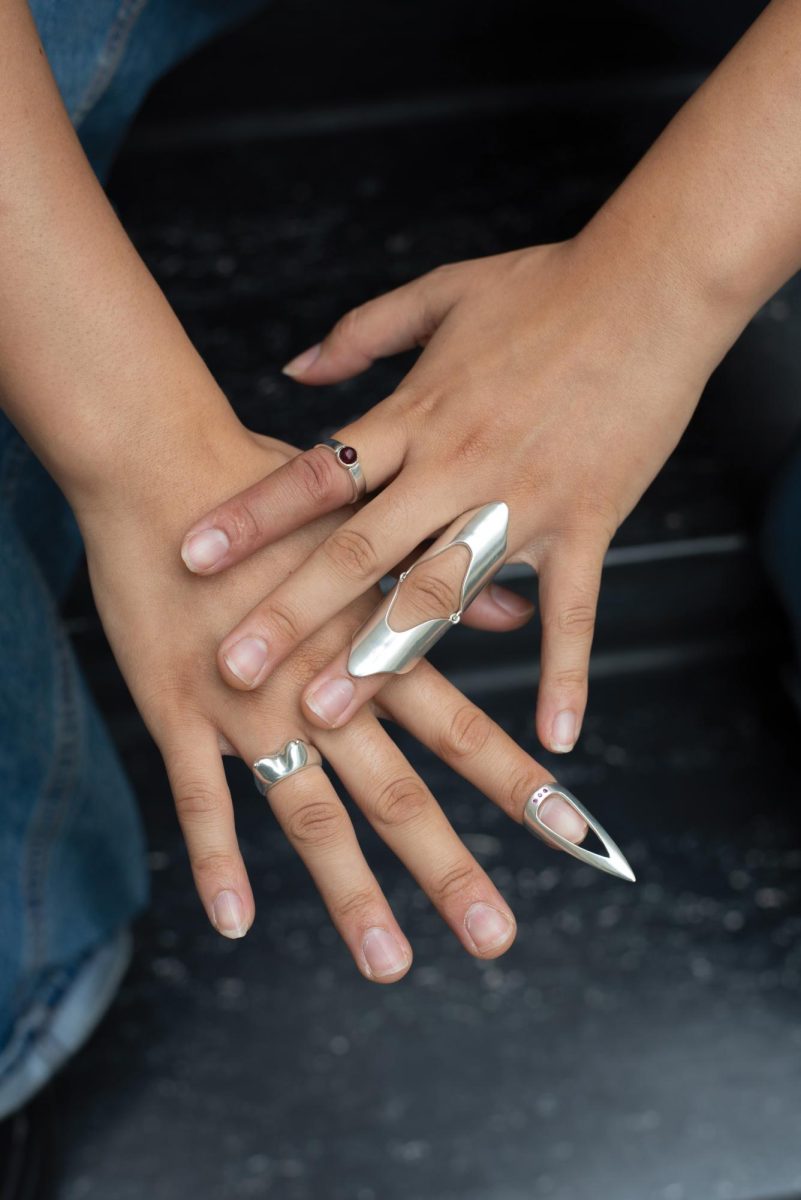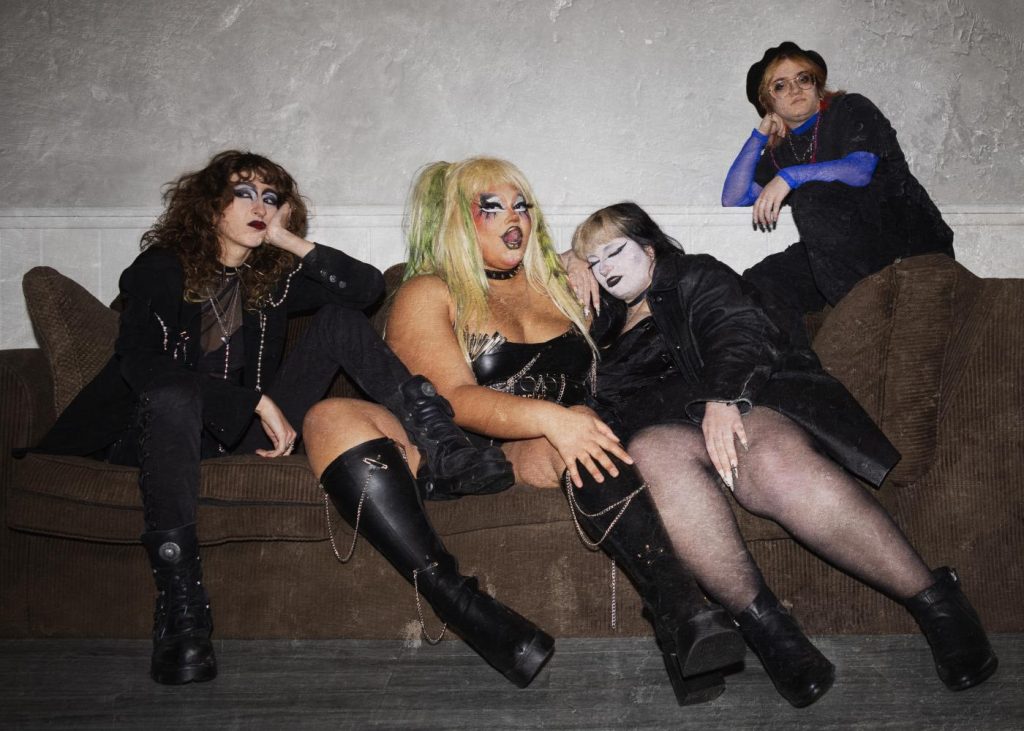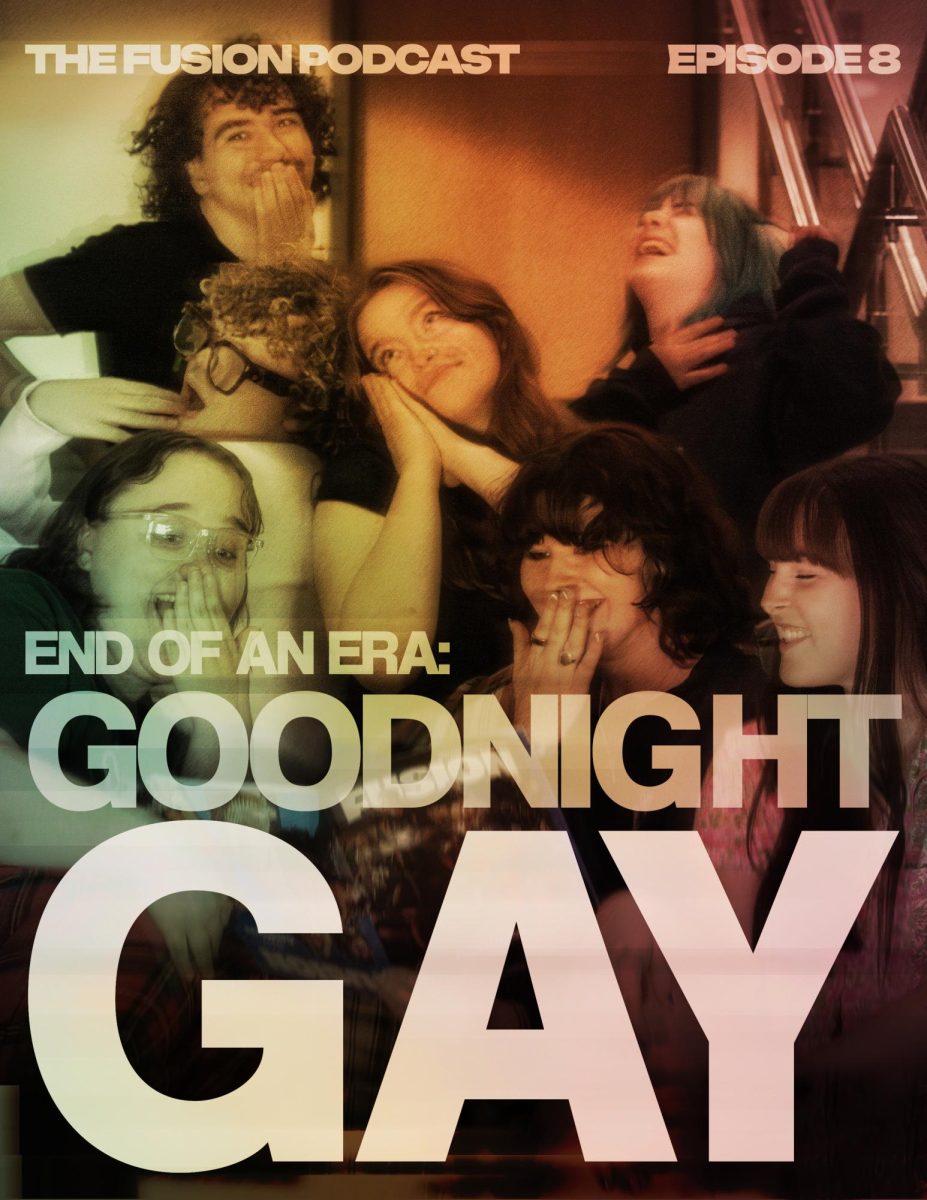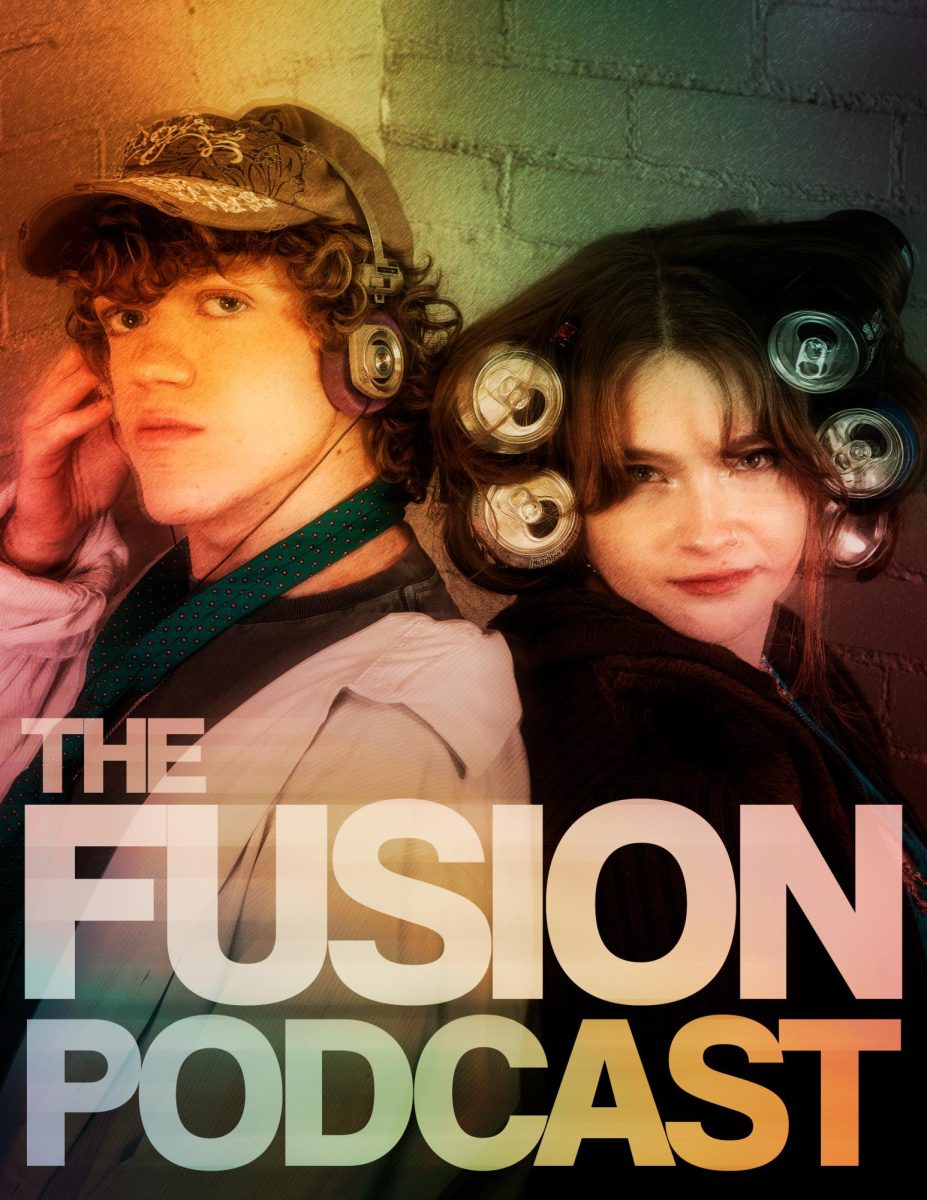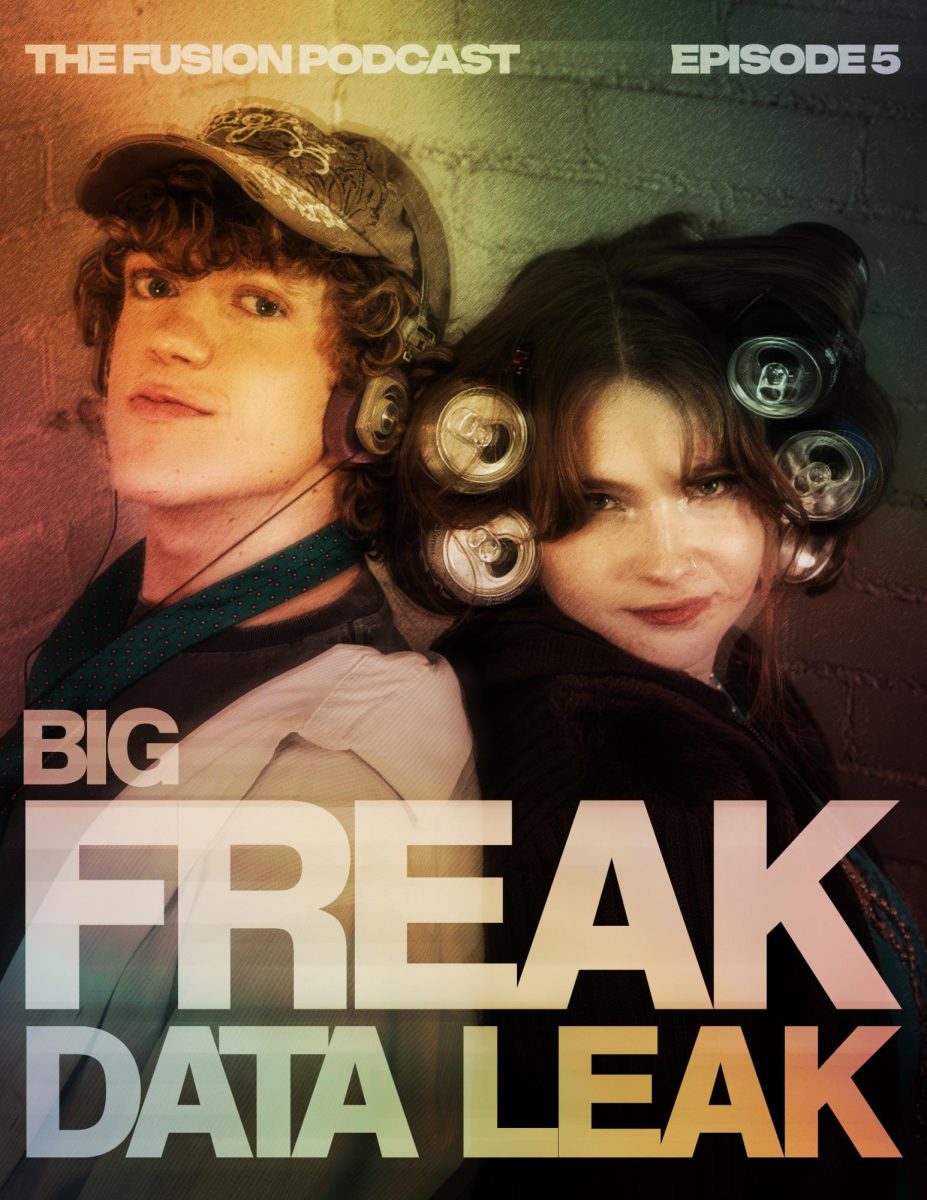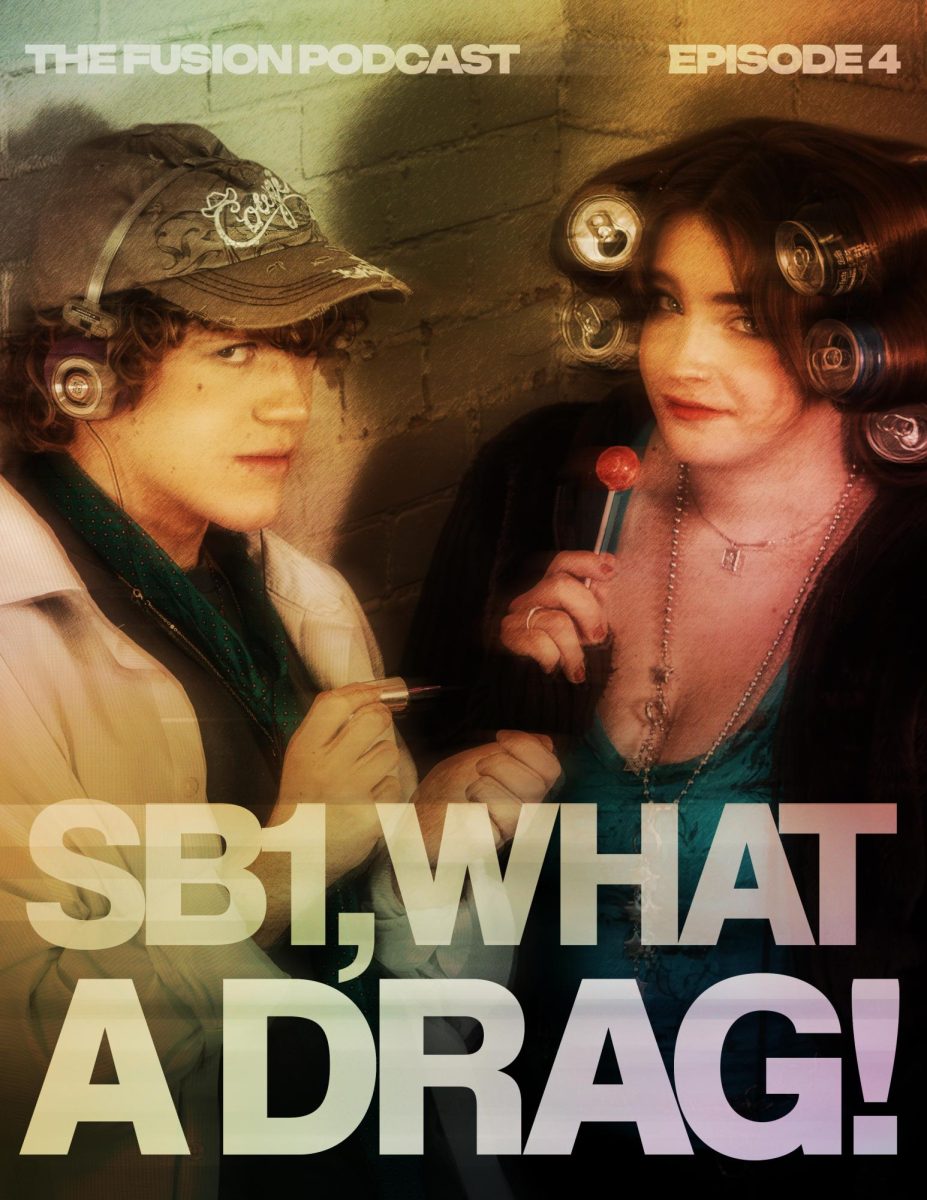Puberty years are such formative years. During those years, individual sexuality is explored and discovered, and that was true for me. It’s when I discovered that I was bisexual.
From a young age, I was always made to feel like I was wrong for being attracted to both men and women. I was shamed by people my own age. I was shamed by my own friends. If my own friends couldn’t accept me, who would?
In middle school, my best friend turned to me and said, “If I find out you’re a lesbian, just know that we can’t be friends anymore because I know you wouldn’t be able to resist me.” She smiled and laughed, as if she just told the funniest joke in the world.
She said this in front of all of our friends, who found her “joke” funny. I didn’t. It felt like a personal attack veiled behind a joke. I knew I was queer, but I hadn’t told anyone yet. In that moment I felt rejected by my friends – and even worse – I felt ashamed of who I was.
As I got older, I started to feel like I was drifting farther from who I was. I spent all of high school hiding myself because I didn’t want to experience that same feeling of rejection from my new friends. In my head, having friends felt better than being my true self.
In college, I started to embrace who I was. I found people who loved me and encouraged me to be myself. I started to feel more comfortable with my sexuality, but in turn, I felt like I didn’t belong in the queer community.
Despite knowing I was queer, I felt out of place, like I didn’t check all of the boxes. This made me feel isolated and – more importantly – it made me feel like I wasn’t “queer enough.” Whatever that means.
I didn’t understand queer culture because I spent so much of my life hiding and rejecting who I was. I felt like a straight girl pretending to be queer. People around me didn’t view me as queer because I was in a relationship with a man.
Truthfully, I told others that it didn’t bother me because labels weren’t important, especially because I am with the person I am going to marry, but internally, I know they matter. It’s an important part of who I am and I can’t keep rejecting it like I did when I was younger.
Unfortunately, this experience is something that is all too common in the queer community. Struggling with labels and self-acceptance is something that most queer people will experience in their lifetime.
This is especially true for those who identify as bisexual and experience biphobia. The Human Rights Campaign describes biphobia as “prejudice, fear or hatred directed toward bisexual people. It can include making jokes or comments based on myths and stereotypes that seek to undermine the legitimacy of bisexual identity.” Comments about bisexuality such as, “they’re just confused,” or “it’s just a phase,” are rooted in biphobia.
Research from the PEW Research Center found that only 28% of bisexual people “come out,” compared to 77% of gay men and 71% of lesbians. They also found that most bisexuals don’t feel their sexuality is an important part of their identity.
Biphobic comments devalue the place of bisexuals within the queer community and cause them to question their own identity, which is why I hid my own sexuality for so long.
Feeling like you must have a specific label to be a part of the queer community is common, but it’s important to know that no matter how you identify within the queer community, there’s a place for you. I feel lucky to have found mine.
If you are reading this and even slightly relate, I want you to know that you are not alone. You are valid. You are important. And most importantly, you are loved.
Here are my own recommendations to help anyone who is currently struggling with their own identity:
- Join a local LGBTQ+ group or club (joining this LGBTQ+ magazine really helped me in accepting my own identity.)
- Look for supportive communities online. On Reddit, r/bisexual has many posts that share others’ experiences with feeling out of place in the LGBTQ+ community.
- Find a local or online therapist that specializes in LGBTQ+ issues.



